Welcome to the website of the
Société Française de la Neutronique
Welcome to the website of the
Société Française de la Neutronique
The SFN is a learned society created in 1994 to promote neutronics within the scientific community and to federate the French neutronics community, covering a wide range of scientific fields (physics, chemistry, biology, etc.).
Every year, it organises the Journées de la Diffusion Neutronique, during which it awards its thesis prize to a young scientist.
Thematic Schools are held regularly, with courses published and freely accessible.
Finally, this website is at your disposal: it provides a forum for exchanging information about neutronics. Don’t hesitate to contact us and provide new ideas of contents!
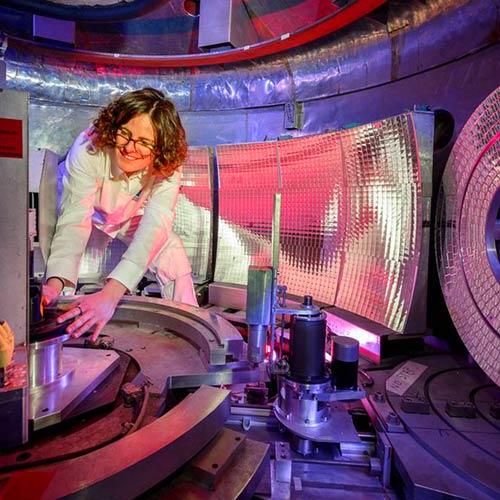
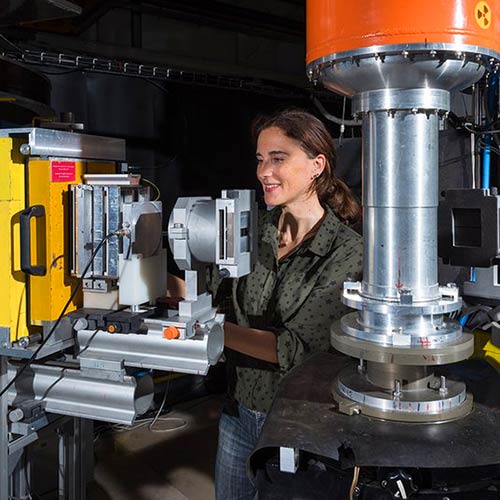
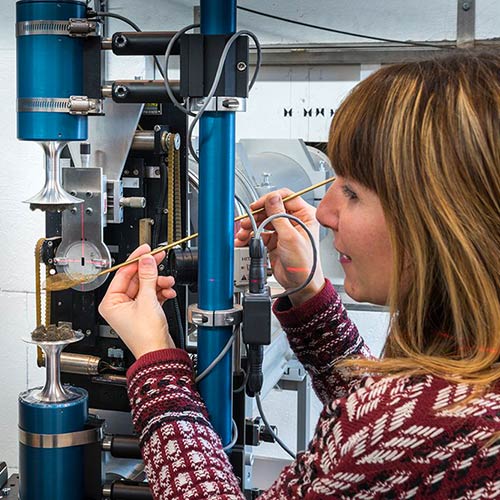
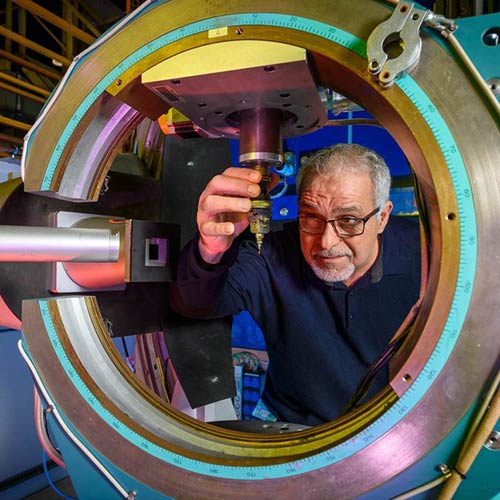
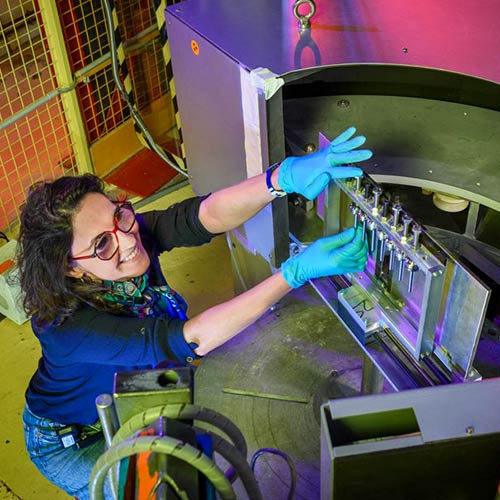
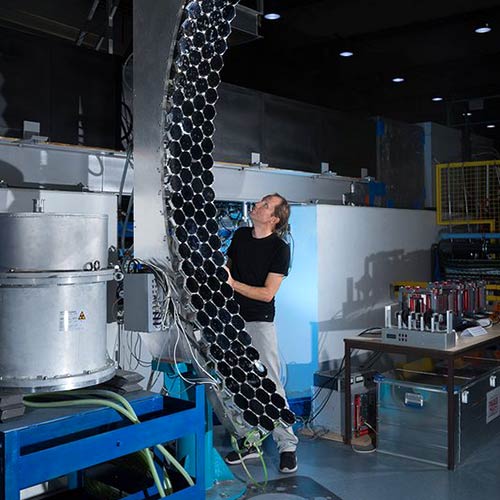
SFN documents
- Please find here the report of the round table on the future of French neutron scattering held during JDN2024.
- A round table on HiCANS and the ICONE project was held during the JDN2023. Please find here a summary of the discussion.
- The SFN calls for an ambitious French policy for neutron scattering. A letter has been sent in 2023 to the Ministry of Higher Education and Research, the CNRS and the CEA.
Bulletin SFN-2FDN
SFN Thesis Prize
Winner 2025
Jury chaired by Olivier Diat
Valentin Czamler
Deuterated Clathrate Hydrates as novel Moderator Material for a Source of Very Cold Neutrons
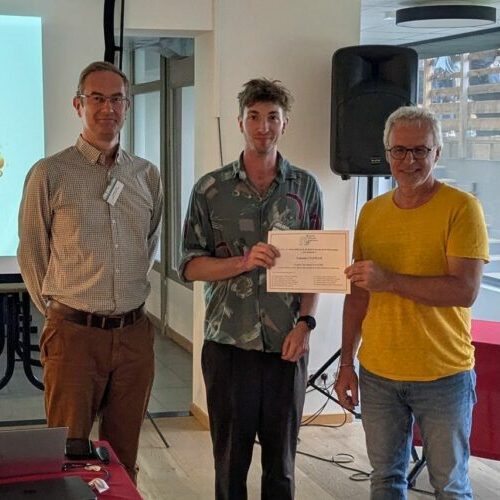
News
Be ready ! 📢 The submission portal for the SFN 2026 thesis award will open in March ! Don’t miss this opportunity!
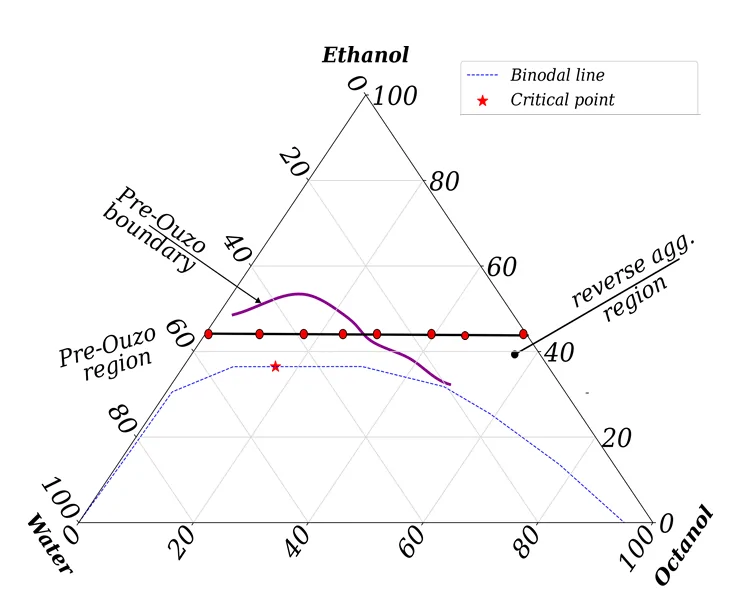
Effect of Ultra-Soft Microemulsion Formation on Dynamical Properties at Various Length Scales
In a mixture of solvents, the self-assembly of a few molecules can give rise to unexpected macroscopic properties (viscosity and solubility), offering significant potential for the development of innovative solvent systems. Not only the characterization of the structural organization is necessary to understand the origin of such unexpected properties, also the dynamics play a crucial role. Neutron scattering provides invaluable information about them.
Topical Exchange: “Research Infrastructures: Synergies, Complementarities, Data Analysis, Access Modes” during JDN 2025
The 2025 topical exchange on “Research Infrastructures: Synergies, Complementarities,
Data Analysis, Access Modes”, held during the Journées françaises de la Diffusion des
Neutrons (JDN2025), gathered leaders and users from neutron and non-neutron facilities,
along with experts in data, AI, and community support. Discussions focused on aligning
facility roadmaps with user needs, developing new collaboration models such as thematic
science hubs, evolving access modes to balance excellence and inclusivity, and
embedding societal impact and sustainability into strategic planning.
Key priorities identified include strengthening cross-facility coordination, harmonising
FAIR data and metadata standards, integrating AI into experimental workflows, and
fostering flexible, interdisciplinary access models. These actions are essential to maintain
Europe’s scientific competitiveness, maximise the impact of investments, and address
global challenges—from energy storage and medical technologies to environmental
sustainability—through more agile, collaborative, and data-driven research
infrastructures.
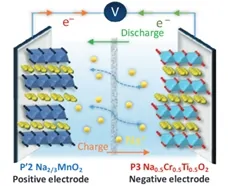
Designing Safer, High-Performance Sodium-Ion Battery Materials with Neutrons
Beyond the specific compound investigated here, the methodology provides a broadly applicable strategy for designing metastable layered oxides with tailored structural features. The insights gained from neutron diffraction on sodium-vacancy distribution and cation disordering may inform the development of other alkali-ion battery systems, enabling electrodes with improved rate capability, durability, and energy density. This work therefore illustrates the central role of advanced neutron techniques in guiding next-generation energy storage materials.
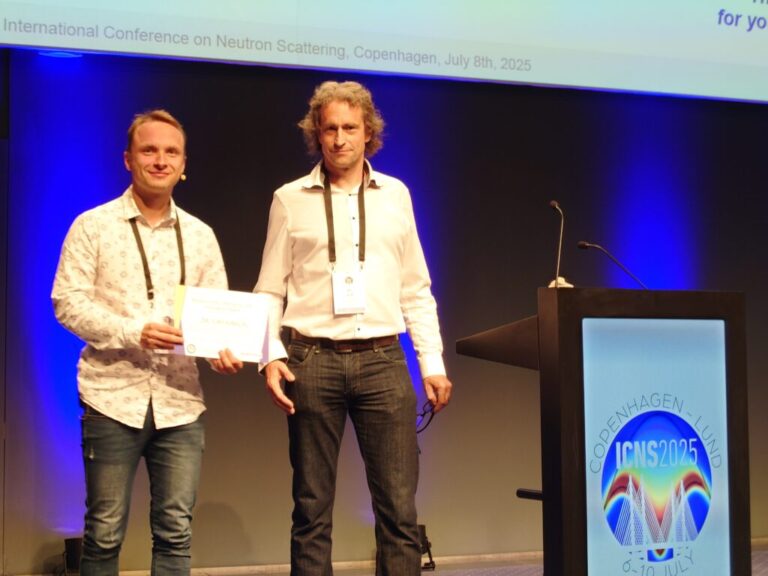
Prize ENSA « Neutron Instrumentation and Innovation » 2025
The 2025 “Neutron Instrumentation and Innovation” Prize is awarded to Iurii Kibalin:
“for its significant impact on polarized neutron diffraction techniques. His development of the CrysPy software tool has transformed polarized neutron powder diffraction on magnetic samples into a routine, accessible method for a broad scientific community. »
Iurii Kibalin is scientist at ILL.
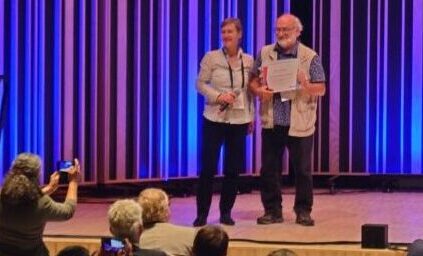
Prize ENSA « Walter Hälg » 2025
The 2025 Walter Hälg Prize is awarded to Juan Rodriguez-Carvajal for the creation of the “Full Prof” software:
Made available to the international community, Full Prof is a tool for analyzing X-ray or neutron diffractograms on polycrystals using the Rietveld method. The software takes into account numerous effects: instrumental resolution, texture, rigid groups, absorption, and single crystals, and allows the determination of magnetic structures. Historically based on the method of irreducible representations, the software is now based on the formalism of magnetic space groups or supergroups.
Juan Rodriguez-Carvajal is scientist at ILL.
